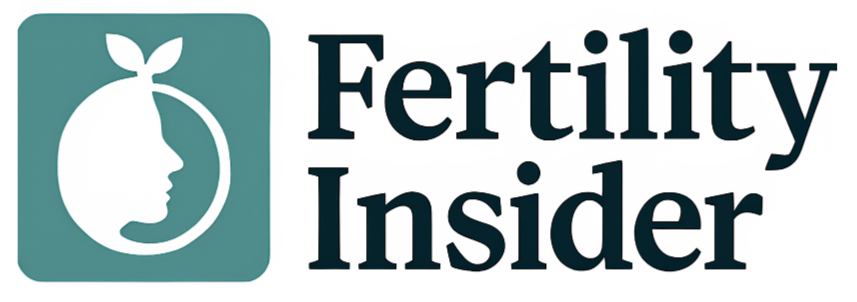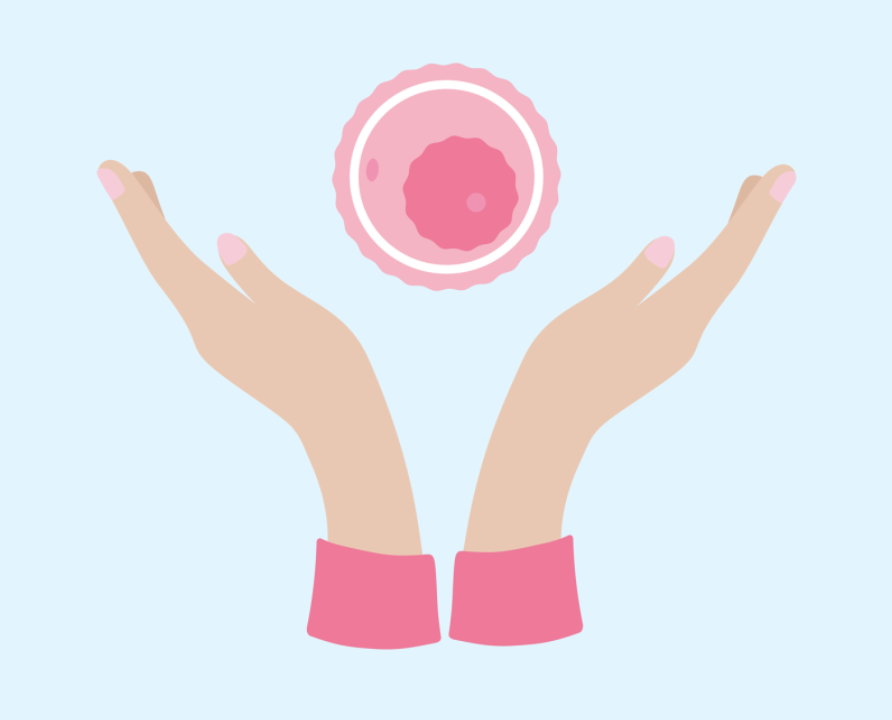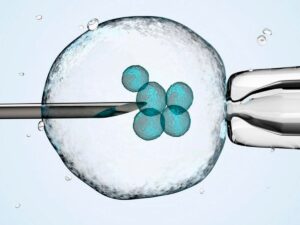Egg donation is an increasingly popular fertility option, offering hope to individuals and couples struggling with infertility. Whether you are considering becoming an egg donor or are in need of donated eggs, it’s important to understand the process, requirements, and ethical aspects involved. This article provides a comprehensive overview of egg donation, making it easier for readers to make informed decisions.
Egg donation is a medical process where eggs are retrieved from a healthy, screened donor and used to help someone else conceive, usually through in vitro fertilisation (IVF). This option is especially valuable for women who are unable to use their own eggs due to age, genetic conditions, or other health issues. The process is carefully regulated to ensure the safety and well-being of both donors and recipients.
The journey begins with donor screening. Prospective egg donors must undergo thorough medical and psychological evaluations. These screenings assess the donor’s overall health, genetic background, and mental readiness for the process. This step is crucial in ensuring that only suitable candidates proceed, reducing the risk of complications and increasing the chances of a successful outcome for recipients.
Once cleared, donors begin hormonal stimulation. This involves taking prescribed medications to encourage the ovaries to produce multiple eggs in one cycle, rather than the single egg typically released each month. The hormonal treatment is carefully monitored by fertility specialists to optimize egg production while minimizing risks.
The final step is egg retrieval, a minor surgical procedure performed under sedation. Using ultrasound guidance, a fertility specialist collects the mature eggs from the donor’s ovaries. The procedure is generally safe, with most donors able to resume normal activities within a day or two. The retrieved eggs are then fertilized in a laboratory with either the recipient’s partner’s sperm or donor sperm, and the resulting embryos are transferred to the recipient’s uterus.
Egg donation is a process that requires commitment and careful consideration. Donors must be prepared for the time, effort, and potential side effects involved. Recipients, on the other hand, should understand the medical, legal, and emotional aspects of using donated eggs. Legal agreements are essential to clarify the rights and responsibilities of all parties, including issues related to parental rights and donor anonymity.
Ethical considerations are also important in egg donation. Clinics and agencies must ensure that donors are fully informed and participating voluntarily, without coercion or undue financial pressure. Transparency and respect for all parties involved are key to maintaining ethical standards in the field.











